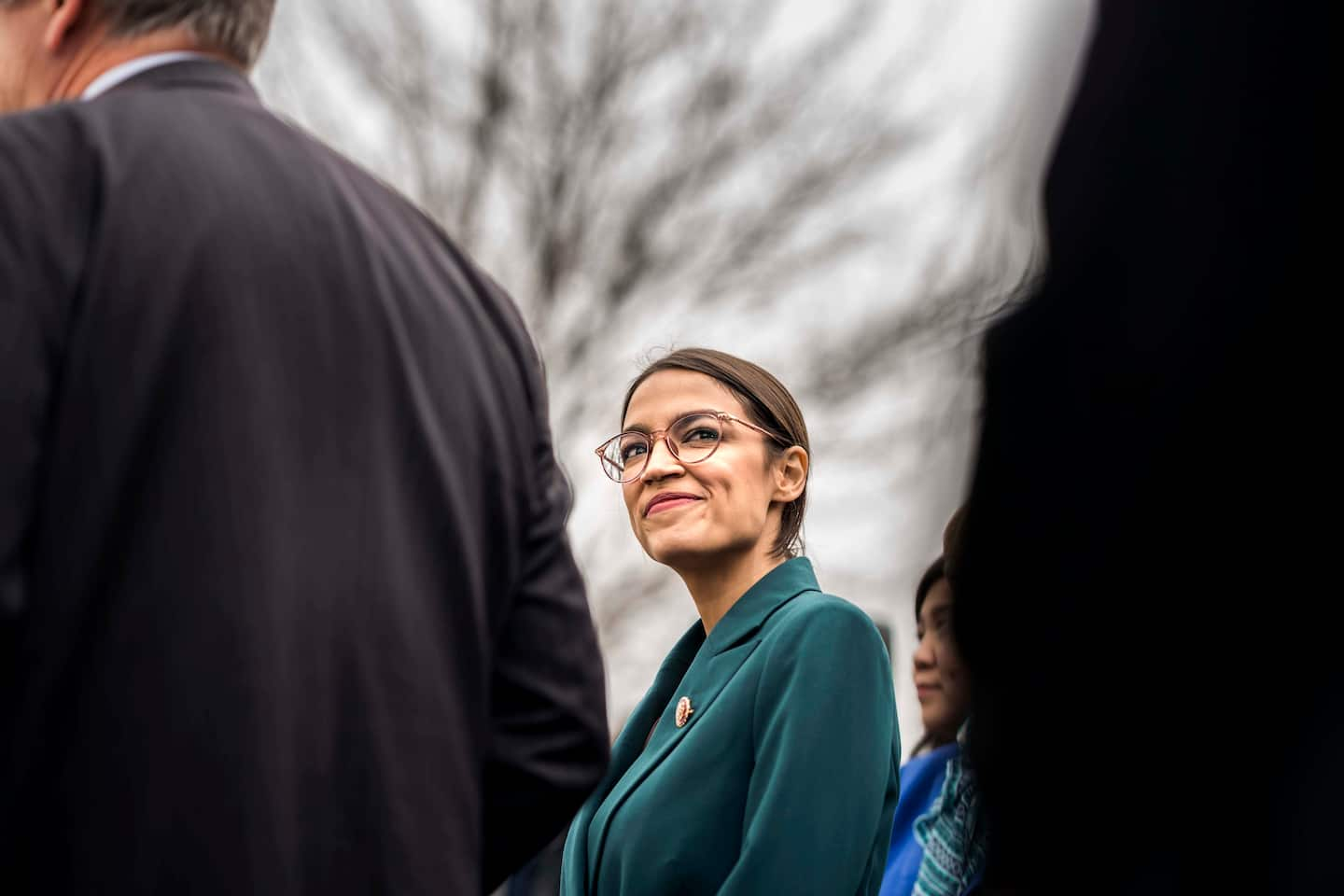Progressives are an asset for the Democratic Party. It should treat them that way.

First-term Rep. Abigail Spanberger (Va.), a former CIA analyst considered by many a “centrist” Democrat, reportedly blamed liberals who talked about “socialism” and “defunding the police” for losses in contested suburban districts. Veteran Rep. James E. Clyburn (S.C.), the third-ranking Democrat in the House, reportedly cautioned against running on Medicare-for-all or “socialized medicine.”
Before Democrats continue down this road, they should consider: Many of the progressive wing’s big ideas enjoy greater support than most Democratic candidates.
Similarly, despite Trump’s efforts to cast demonstrations over racial inequality as violent looting that should terrorize voters, national exit polls found majorities in favor of both Black Lives Matter and Biden: Some 57 percent of voters reported a favorable opinion of the BLM movement while 52 percent held a favorable opinion of the president-elect. Some 71 percent of voters said they thought racism is one of or the most important issue facing the country. A majority of voters (53 percent) said they believe the criminal justice system treats Black people unfairly.
Some of these sentiments were evident before exit polls picked them up. Election-eve polling in 16 battleground states by Democratic pollsters Democracy Corps and Integral Resources found that 47 percent of voters were “warm” toward the BLM movement, compared with 38 percent “cool.”
On Medicare-for-all, an Oct. 16 report by the authoritative and nonpartisan Kaiser Family Foundation found that 53 percent of Americans favor a national health-care option “in which all Americans would get their insurance from a single government plan.” Some 77 percent of Democrats and 58 percent of independents are in favor, Kaiser found.
On the Green New Deal, exit polling found that 66 percent of voters consider climate change a serious problem. In the battleground states, pre-election polling found that 52 percent believe climate change is a “severe threat” that should be an “immediate priority” for the president and Congress, with 44 percent saying it would have to be addressed in the future but should not be a top priority now.
In late September, the Guardian and Vice Media Group reported that 8 in 10 Democrats supported a Green New Deal by name, as did 41 percent of Republicans. Core elements of the effort were even more popular.
The word “socialism” is, of course, a red herring in U.S. politics, more often associated with communism than the social democracies of current-day Europe. Even so, Hill-HarrisX polling in late August found that while Republicans favored capitalism dramatically more than socialism, voters under 50 were about equally favorable toward both, as were Democrats. Nearly half of independents (48 percent) had favorable views of socialism.
Now, we have all learned to consider poll findings with a bit of skepticism. And voters in Spanberger’s affluent, suburban Virginia district may be more conservative than the majority of Americans or even the majority of voters in battleground states. Many candidates for office have to deal with constituent views or interests that are not shared by the majority of their party. For this and other reasons, popular ideas for reform can end up savaged in an election if not defended wisely.
What’s clear, however, is that Democratic progressives are not an isolated fringe. Their ideas are popular. Progressives are calling for basic economic, health and social rights — and more and more Americans are standing with them. Sen. Bernie Sanders (I-Vt.) said months ago that Biden could become the most progressive president since FDR. It’s no coincidence that, despite Trump’s claims about socialism, violent mobs and socialized medicine, Biden will be our next president.
Read more:






